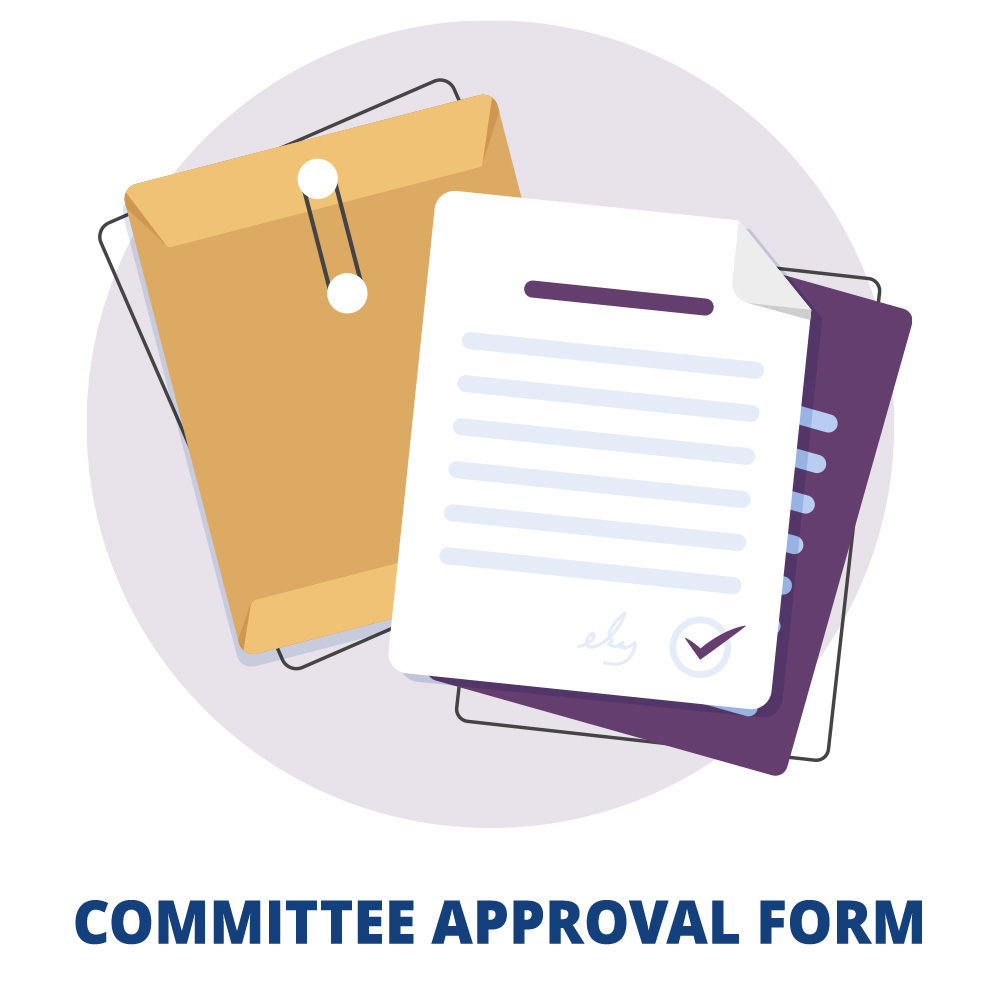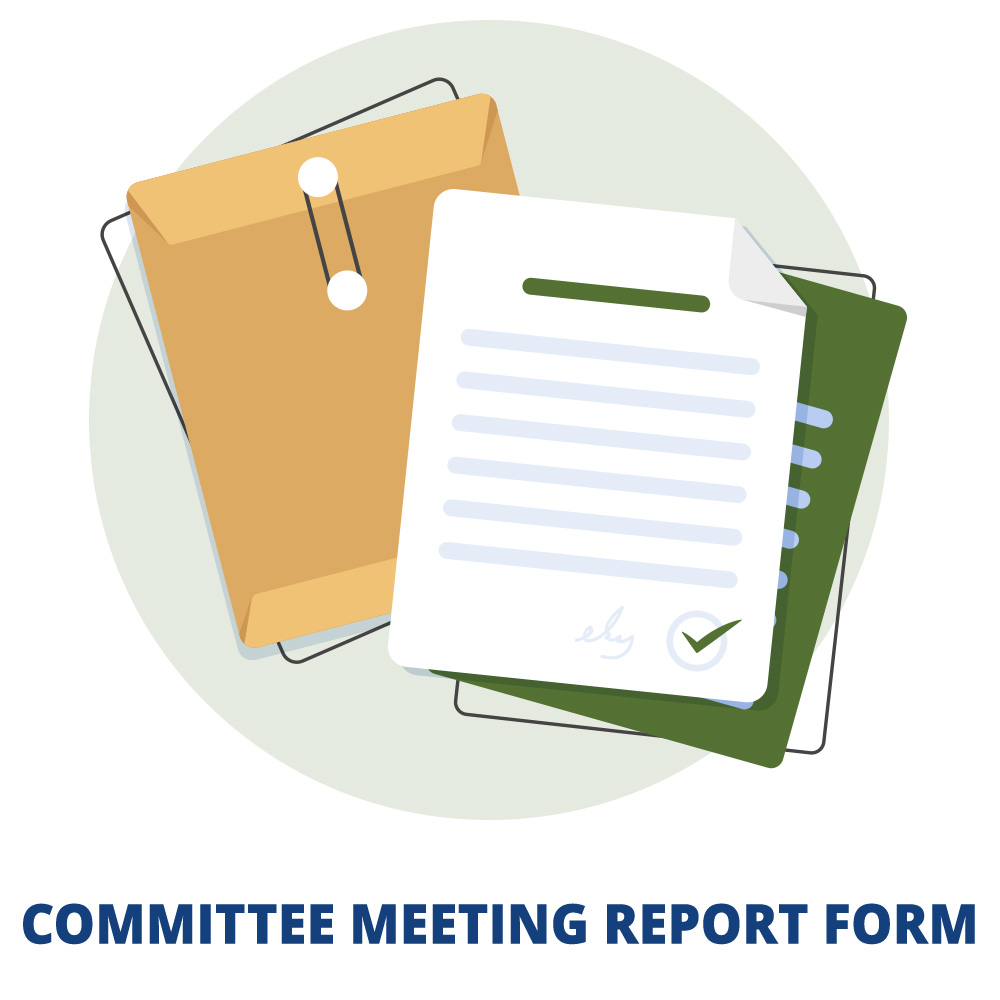Students begin their PhD thesis research in the second year. The remaining courses are completed and capped by the PhD Qualifying Preliminary exam, taken by March 31. By the end of the second year, students should have completed at least 24 semester hours of graded coursework.
Requirements
Teaching
All students must participate as TAs in one semester of either IMM 544 (Principles of Immunology) or IMM 701D (Pillars of Immunology). In IMM 544, trainees lead discussions and make didactic presentations within the framework of faculty-led classes. In IMM 701D, trainees take primary responsibility for all aspects of the course, with faculty oversight. The teaching assistantship requirement should be completed by the third year of doctoral training.
Coursework
Fall Semester
- IMMUNOL 601: Immunology of Human Disease
- IMMUNOL 731S: Immunology Seminar
- IMMUNOL 735: Current Topics in Immunology – Journal Club format
- BIOTRAIN 720: Grant Writing Course – facilitated by Immunology faculty
Spring Semester
- IMMUNOL 731S: Immunology Seminar
- IMMUNOL 736: Current Topics in Immunology
Summer Term
Students must be enrolled for the summer term and are expected to perform full-time research.
Student Advisory Committees
At the beginning of the fall semester of the second year, students and their PhD supervisors assemble a PhD Qualifying Examinations committee, which has to be approved by the DGS by the end of October. Students must submit a Committee Approval Form to the DGSA at least 30 days before the Qualifying Preliminary Examination.
The Qualifying Preliminary Examination committee consists of five graduate faculty members (including the student's dissertation mentor) suited to assess the student’s qualifications as a PhD candidate.
At least two committee members must be IIB primary faculty with graduate faculty status; tenure status is not a requirement. The chair must be an IIB primary faculty member with full graduate faculty status and cannot be the dissertation mentor. If there is any uncertainty about a faculty member's appointment status, students should consult the DGS or the DGSA.
After completing the Qualifying Preliminary examination, the student, in consultation with the thesis advisor, can choose to retain the same membership for their Thesis Advisory committee or add/replace member(s). However, any changes to the committee composition require approval by the DGS. Submit a revised Committee Approval Form to the DGSA.
The Thesis Advisory Committee evaluates whether the student is progressing satisfactorily toward completing their degree. The chair of the committee submits an Annual Committee Meeting Report Form to the DGS and DGSA after each annual committee meeting.

Qualifying Preliminary Exam (Prelim)
All PhD students take a Qualifying Preliminary Exam consisting of written and oral components. The examination is centered on assessing a research proposal written in the style of an NIH predoctoral National Research Service Award proposal. The committee will evaluate the proposal's significance and the student’s ability to defend the underlying hypothesis, experimental plan, and proposed interpretations. During the oral examination, the committee will also assess the student’s command of the literature in the subject area of the proposal and general knowledge in all relevant areas.
Pre-Prelim:
Students are required to have a pre-prelim meeting with committee members in person. Considering the possible requests from committee members to restructure the prelim content, it is strongly encouraged to have a pre-prelim meeting one to two months before the preliminary exam. This meeting typically lasts an hour. Although there is no strict format for the pre-prelim, the following is recommended.
- A written Specific Aim section (one page)
- A short PowerPoint presentation highlighting the background and significance of the proposal
Prelim Guidelines:
We encourage students to base their proposals on their dissertation research interests. Proposals based on topics outside the scope of the student’s proposed dissertation project are allowed but require endorsement by the PhD Advisor and approval by the DGS.
- The written and oral prelim examination must be completed by March 31
- The average length of the exam is 2 hours. Upon scheduling the exam date, contact the DGSA to enter all the appropriate information on Duke T3
- Format: The written exam should follow the NIH F30/31 formatting guidelines. The Components to be submitted are:
- Specific Aims (one page)
- Research Strategy (six pages) - includes figures and tables
- Citations (no page limit)
- The proposal should be emailed to committee members and uploaded to the T3 system at least one week before the exam
- Faculty advisors are expected to discuss ongoing research with their students, including the contents of their grants, but they should not assist the student in preparing the preliminary exam documents. The student is expected to present and defend their ideas with little input or coaching from their advisor. Students are encouraged to obtain peer critiques and feedback on the written exam and oral presentation, but the final document must represent the student’s original work
- If the student fails the exam, they may be granted one re-examination upon the recommendation of the prelim committee and subject to approval by the Dean of the Graduate School. The date must be between 3 and 6 months after the original examination. Preliminary examination Pass/Fail criteria available in The Bulletin of the Graduate School
After completing the qualifying examination, the student is considered a PhD candidate.


